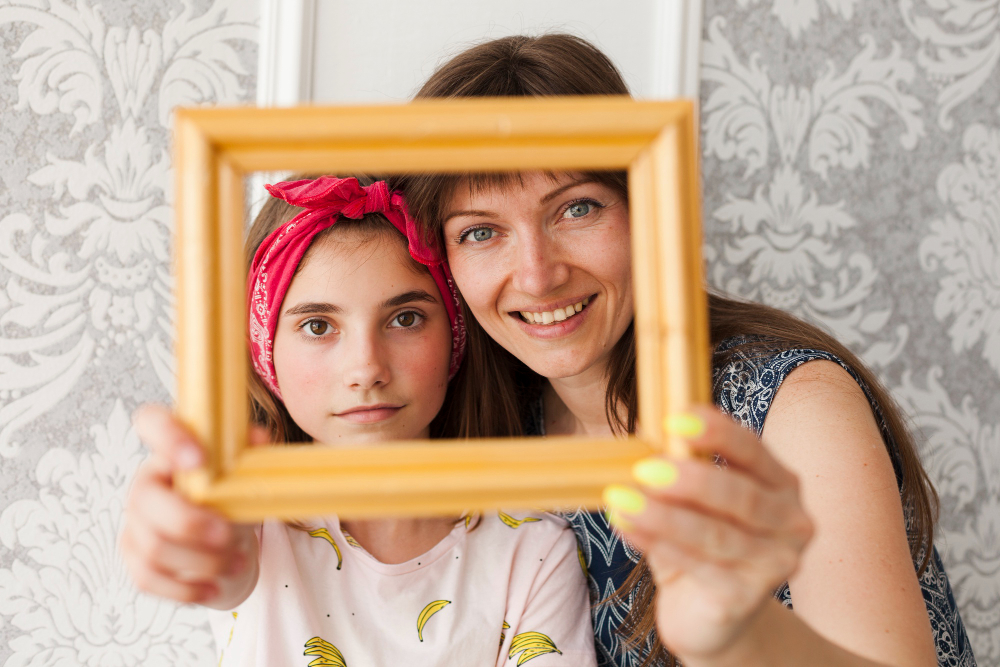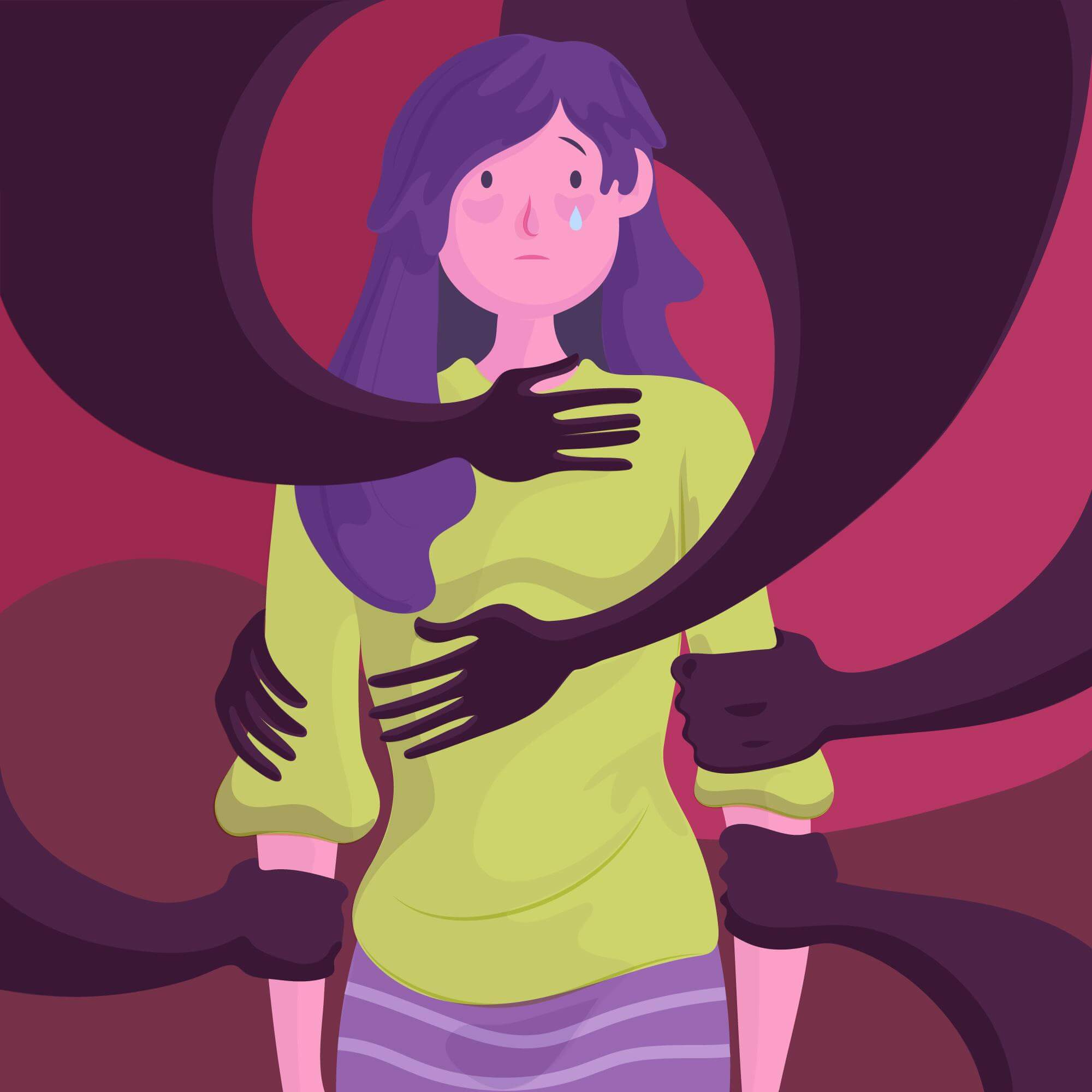I know another reason the collective punishment incident was so devastating for me, like truly sent-me-spiralling kind of devastating, wasn’t just because of what was done to the kids (although yes, obviously that too), but because of what it broke in me, in how I’d been holding things together for so long with this scaffolding of belief that we were all trying, that we were just constrained, that the difference between me and the school system was a matter of resources, not values.
And then I realised, she was one of those kind of people.
Like I had been walking around assuming best intent—not in the shallow, weaponised, just-sit-down-and-smile kind of way, but in the deeply internalised, trying-to-survive kind of way. The kind where you tell yourself that the harm isn’t personal, it’s systemic; that if there were more EAs, more funding, more understanding, then surely, surely, the teachers and principals and district leaders would rise to the moment. That the gap between what my kids needed and what they got wasn’t a reflection of malice, but just the inevitable outcomes of a crumbling public system. Austerity. Bureaucracy. Burnout.
-
The scarcity script: how manufactured famine shapes public education
British Columbia’s public schools are not suffering from a natural shortage—they are operating under a system of manufactured scarcity. This blog explores how austerity, rationing logic, and institutional self-preservation create harm for disabled students and their families. Drawing on thinkers like David Graeber,…
But then she said it had to be “swift”
And then the principal doubled down.
When confronted—when gently, carefully, I pointed out that this thing, this punishment, this collective shaming tactic, was not okay, not ethical, not evidence-based, not trauma-informed, and certainly not acceptable for a classroom that includes my children and other neurodivergent kids—the only thing she had to say was that her punishment had to be swift. That was the justification. That was the whole answer. As though the urgency of her authority outweighed any consideration of harm. As though efficiency excused it all.
And I felt something in me splinter. Like a sickening internal click, the sound of some old brace giving way. Like bones breaking. Like tragedy.
Because if we were on the same side—if we both believed in protecting kids, in teaching through care, in repair instead of shame—then you’d stop. You’d listen. You’d take a breath. You’d see what happened and say, “You’re right. That was wrong. I didn’t realise how damaging it was.” But that’s not what happened.
And the district backed her anyway
And when I took it to the district—because of course I did, because that’s what you do when someone in a position of power harms kids and refuses to take responsibility—I was told it was a matter of professional autonomy. That word again, autonomy. As if using your professional judgment to collectively punish children is some sacred right. As if my children’s safety, their dignity, is less important than protecting a colleague’s authority. As if safeguarding trauma-informed practice is somehow optional.
And I think that’s the moment when my world cracked open, not just in a political sense but in a really personal, soul-level way—because I realised I’d been narrating everything through a lens that wasn’t shared.
I thought we were all having the same conversation about equity and inclusion and care, but we weren’t.
Just a Parent
I thought we were just trying to navigate the same storm in different boats, but it turns out some people were steering the ship that caused the flood in the first place.
I thought we were all trying to survive something together. But they were controlling the winds that ran us up onto the rocks and thrashed our bodies in the storm.
When your body recognises something your brain is still trying to deny
I have complex PTSD. I’ve lived through enough layered, compounded trauma—enough rupture and loss and silence and reassembly—to know what it feels like when something isn’t just wrong, but dangerous, even if nobody else in the room seems to notice. I know what it’s like to survive things that weren’t seen, and then be expected to act like they didn’t shape me. I know the terror of watching harm get reframed as authority, of watching people with power cause damage and call it professionalism, or policy, or discipline. I know what it’s like when the danger isn’t just the act, but the denial.
So when the principal justified her punishment with that word swift, and when the district refused to engage because of professional autonomy, my whole nervous system lit up like a siren. I didn’t just feel upset. I felt activated. That terrible, familiar snap—the sound of my body saying, this isn’t safe. And that voice? It’s saved my life before.
I can’t unknow what I now know
And yeah, collective punishment has a long, ugly history. It’s the kind of thing authoritarian regimes use to control populations, to sow fear and compliance. Nazis used it. Military prisons use it. And yet here it is, in classrooms, wrapped in the language of discipline and accountability. And suddenly I couldn’t look away anymore. I couldn’t unknow what I now knew.
And what followed—what is still following—is this whole cascade of re-evaluation. Every memory, every moment I thought was just a blip or a mistake or a little procedural error or someone’s bad day, now I see it differently. I can’t stop wondering if the people I tried so hard to give grace to didn’t deserve it. If I extended empathy to people who knew better and just didn’t care. And the most awful thought of all—if I should have sued when my son was in kindergarten. If I’d stopped giving them the benefit of the doubt then, maybe we wouldn’t be here now.
-
The long shadow: A history of punishment in Canadian schools
Public education in Canada is often conceptualised as a progressive force—an equaliser, a promise of inclusion. But beneath the surface of this narrative lies a long, often unbroken history of exclusion, coercion, and punishment. Canadian schools have long been sites of control, where…
Grief, yes—but also betrayal
It’s like—grief, yes, but also betrayal. Not the betrayal of one person doing one wrong thing. But of an entire system that let me believe we were aligned in our goals, when in fact we weren’t even speaking the same moral language.
And what that does to your sense of time, of memory, of who you are as a parent—it’s like it knocks the wind out of everything you thought you’d made peace with.
I cry now in this strange way. Not the expected tears, not the exhausted post-meeting sobs I used to have when another support fell through. These are the quiet, floorboard-rot tears. The ones that come when you didn’t know you were stepping on something unstable and then it gives way under you. The kind where you suddenly realise there was more pain stored in your body than you’d ever let yourself feel, because to feel it then would have meant falling apart entirely. And you couldn’t. So you didn’t.
But now I am. Now I am falling apart in this quiet, irreversible way. Because the worldview I built to stay functional—to stay hopeful—is gone. And in its place is something raw, something clear, something I can’t unsee. Something that says: maybe they weren’t trying. Maybe they never cared. Maybe I wasn’t wrong to feel what I felt all along—I was just too kind, too careful, too hopeful to say it out loud.
This is why I wrote 100,000 words
So here I am, the person who accidentally wrote 100,000 words about this because it wasn’t just frustration. It was grief. It was a rupture. It was a truth too big to hold quietly anymore. And I didn’t do it because I wanted to be an activist, or because I had time, or because I thought I’d fix it. I did it because the only way to survive was to name it. To lay it bare. To write my way out of the narrative I had clung to for so long—that the harm was accidental, the system redeemable, the damage repairable if only I advocated hard enough.
Because it turns out the system wasn’t broken. It was working exactly as designed. And the people in charge knew. And they didn’t stop.
And now I can’t stop either.
End collective punishment in BC schools
No child should be punished for another’s behaviour.
Children know from a very young age that this is wrong.
We call on the BC Ministry of Education and Child Care to end collective punishment in BC Schools.









